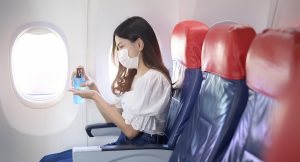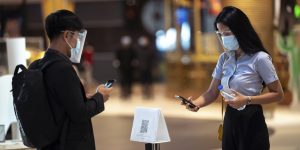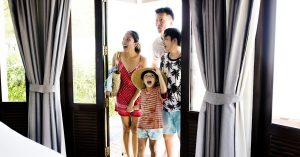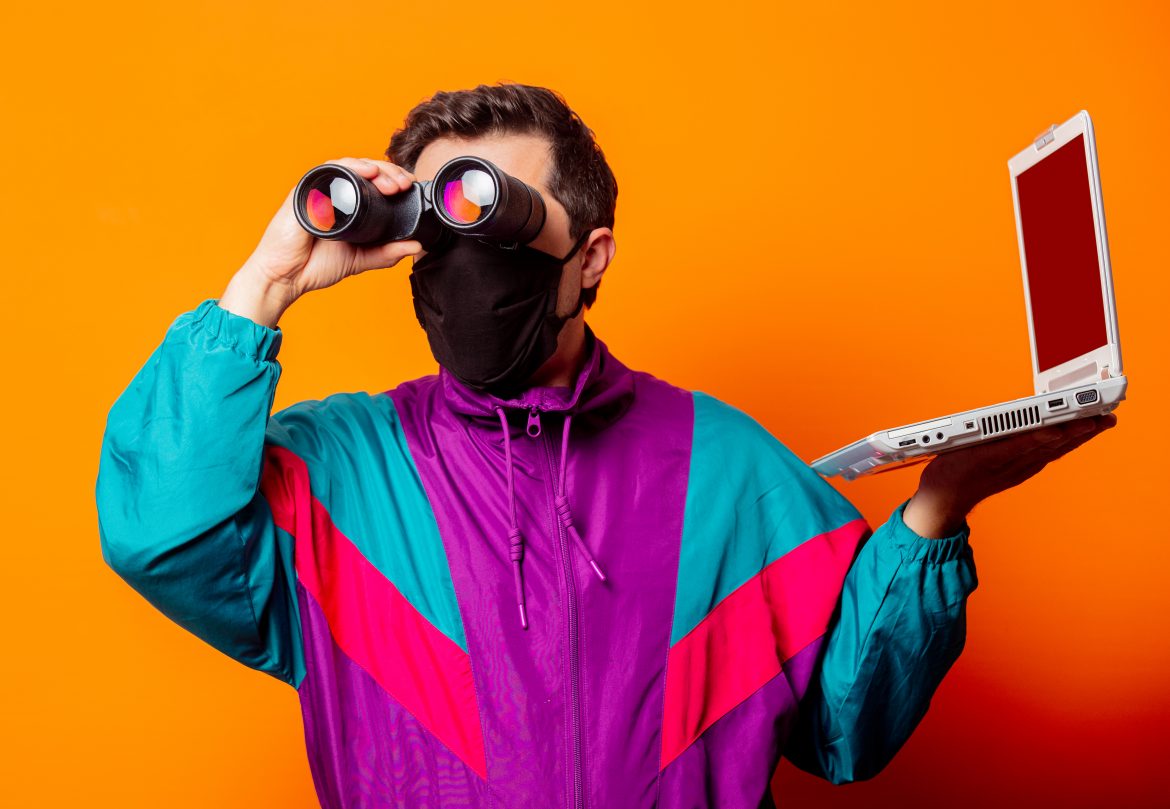If 2020 is anything to go by, trends are an educated guess. What really happens isn’t for anyone to know in advance. Except perhaps Nostradamus. Here are some trends we have predicted for 2021 and beyond that might look like for the hospitality and travel industry.
We’d do this blog as a series of hypotheses and their impact – because we cannot predict the future. We’ve tapped into research from various sources. Among the things strikingly common in all studies is the prediction that any return to “normal” is at least some years away, and what we believed to be the norm when it comes to travel and hospitality has forever changed.
# Hypothesis 1: Lower risk passengers first to board planes

COVID-19 has conditioned us all to keep ourselves and our loved ones (especially those who are at a higher risk of contracting the virus) safe by adding distance. The ones who come out of this bubble first are expected to be those who are at a lower risk of adverse effects from contracting COVID-19. This includes younger, single, and experienced travellers.
Is your offering set to meet the expectations of this first wave of travellers? Perhaps, it is time to start rethinking your channel mix and marketing channels in light of this hypothesis and plan your strategies accordingly.
# Hypothesis 2: Health and safety first
 Remember how airline travel changed after 9/11? COVID-19 has forever changed our approach to travel and hospitality – a safe, clean travel experience is not a nice-to-have, it is a must. Guests will scrutinize your health and safety protocols more closely than ever before. Meeting the minimum standards by local authorities, exceeding the even, will earn you the loyalty of a stream of guests ready to escape their homes.
Remember how airline travel changed after 9/11? COVID-19 has forever changed our approach to travel and hospitality – a safe, clean travel experience is not a nice-to-have, it is a must. Guests will scrutinize your health and safety protocols more closely than ever before. Meeting the minimum standards by local authorities, exceeding the even, will earn you the loyalty of a stream of guests ready to escape their homes.
This also means that your expectations from staff and guests need to change. Requesting them to wear masks, checking temperatures, sanitizing, maintaining social distance, etc. are acceptable standards.
# Hypothesis 3: Digitally driven
Think as to how everyday life has changed for you since lockdowns began. We’ve moved to everything online very quickly. Contactless is the new mantra. If this means sharing data with third-party platforms to enable the safe delivery of experiences, consumers would willingly do it.

What this means for hoteliers is considering how human interaction, always considered a critical element of hospitality, is retained in this contactless world? You also need to get your marketing teams to revisit data – what you have and how shared data pools can work more efficiently to attract and retain guests.
# Hypothesis 4: Changed and reduced competitive set

As we are already seeing, local domestic is preferred and world travel is not going to be on the list for a long time. In most countries, destinations within driving distances are preferred over any that require longer travel options. Flying most definitely has reduced dramatically. This means hoteliers who previously targeted international audiences now need to focus on the domestic market, including staycation.
# Hypothesis 5: The diminishing joy of travel
After a long flight covered in face shield and mask on, more quarantine requirements, not to mention increased health and safety protocols may put some people off travelling. It comes back to destination marketers, and hoteliers as their partners, to make travel worth the effort again.
Partnerships with local businesses are more important than ever before to deliver awesome experiences that pull people out of their bubbles and into your realm. It also means people will plan longer holidays.
# Hypothesis 6: Flexi-travel is the new norm
COVID-19 has made travellers become more flexible than ever before. Hotels, flights, and activities are cancelled at the last minute due to lockdowns, personal illness and even changed financial circumstances.
A flexible cancellation policy is a huge attraction. Smart distribution and direct booking technology are critical to manage these last-minute changes and keep up with evolving demand.
# Hypothesis 7: Rise of the socially and environmentally conscious traveller
The virus has taught us many things, but most importantly it has taught us about the impact our actions have on society and the environment. Now, more than ever before, travellers are likely to look more closely at sustainable tourism and the choices communities and businesses make. For hoteliers, this means visibly demonstrating their social worth and community partnerships.
# Hypothesis 8: Outdoor activities preferred

Tired of being home-bound, travellers are showing an increased propensity to be outdoors and amidst nature. If your property boasts a sizable outdoor area or is close to parks, walks, etc., be sure to promote it actively within your marketing.
Do you agree with these hypotheses? Which one resonates most with you? Are there others you’d like to share? Email us at marketing@staah.com
